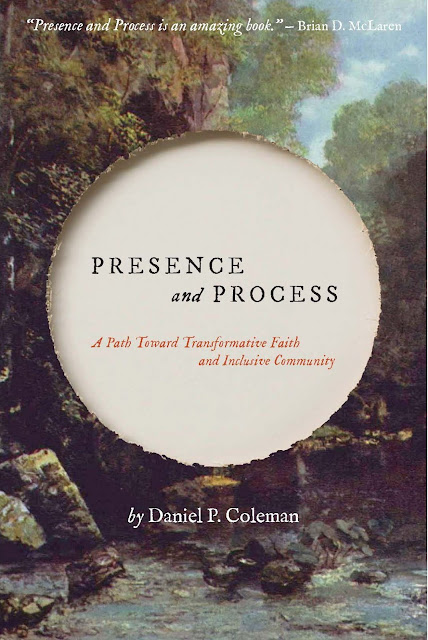Losing god to find God
My friend Bill, who is sometimes a wise man and sometimes a wise guy, says that Alcoholics Anonymous is the closest thing in our day to what the church was meant to be. I get what he means. There are a number of values in AA (and AA-based 12 Step programs) that the church could benefit from adopting: things like inclusiveness, distrust of human authority and "professionalism", maintaining responsible separation from money and property, keeping simplicity of organization, diligently eschewing celebrity (instead valuing principles over personalities), etc. (http://www.aa.org/bigbookonline/en_appendicei.cfm)
One example came to mind today as I was reading Meister Eckhart and came upon this:
"Man's last and highest parting occurs when, for God's sake, he takes leave of god. St. Paul took leave of god for God's sake and gave up all that he might get from god, as well as all he might give--together with every idea of god. In parting with these, he parted with god for God's sake and yet God remained to him as God is in his own nature--not as he is conceived by anyone to be--nor yet as something to be achieved--but more as an 'is-ness,' as God really is."
It reminded me of the phrase used in 12 Step programs: "God as we understand him." I have a friend named Jimmy who is very involved in AA and he uses that phrase every time he mentions God. At first it really bugged me. It sounded to me like some kind of relativism. But the more I pondered it, the more I appreciated the frank honesty of it. When any person of faith says "God" (or "Allah" or whatever) there is an unspoken and implied "according to my understanding." To admit it openly is to accept humbly that, as Paul stated, "we see through a glass, darkly." Accepting this reality would seem to be a good guard against dogmatism and fanaticism. Thus, Eckhart's example of Paul (or, rather, Saul) taking leave of his conception of god and, as a result, gaining God as a present reality (an 'is-ness') seems apt to me.
On a related note, here's an excerpt from a film about faith and AA entitled "God as we understand Him." My favorite statement is the guy who says, "I didn't join AA to save my soul. I joined to save my ass. And I was around for two years before I realized they were connected."





